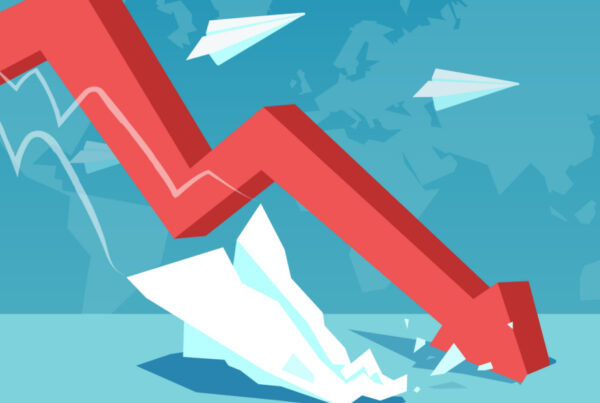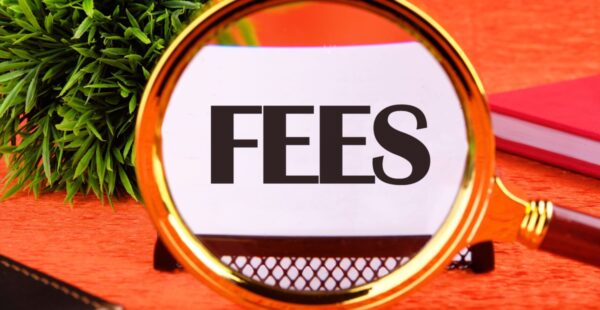Fraudsters ‘exploited gaps’ in Shield and First Guardian collapses

The fraudsters behind the collapse of the Shield and First Guardian funds exploited gaps in the separation of duties between entities that need to be filled, according to the managing director of SQM Research, Louis Christopher.
Christopher, whose own firm has found itself caught up in the collapse fall-out over its ratings approach, told industry participants he believes “all of us in the industry need to reflect and take ownership where appropriate to ensure we learn and improve”.
“One of the big holes the fraudsters exploited was the principal of separation of duties between entities,” he said. “In both instances the responsible entity was owned by the investment managers.”
“REs play a critical role in the monitoring and reporting of positions,” he said referring to how this had impacted SQM’s ratings approach.
“While we took into account this independence risk into our scoring which contributed to the funds not receiving a high investment grade rating, in hindsight, we should have tightened the screws more on this point,” Christopher said.
“Since this event, we have been tightening the screws on this point and will continue to do so going forward. I am also aware of key platforms who have recognised the weakness in the system and have been doing the same.”
Christopher said data integrity had been another issue and that false information had made its way into the chain to platforms, advisers and research houses such as SQM Research.
“This one is more difficult to resolve. ASIC has suggested they should step in and receive plus report on data returns and asset allocation positions. We support this idea, but I suspect that it is going to take a very long time before this is enacted,” he said.
Christopher suggested that lessons could be learned across industry and there needed to be stronger collaboration across the ecosystem.
“Research houses, trustees, advisers, and regulators must work together to improve data validation and share red flags earlier,” he said. “We need to explore stricter standards for managers with internal responsible entities, even if it affects large respected firms.”
Christopher said third party diligence reports such as so-called independent property and loan valuations plus audits, needed to be more closely regulated.
“As part of our due diligence for both the funds, we relied on audited reports and third-party loan valuations,” he said.
Christopher also suggested that ASIC needed to learn some lessons.
“We now know they were warned by the Financial Advice Association of Australia (FAAA) back in 2021 of the specific cold calling. If they had peeled the onion back then we would not be in this mess today,” he said.











So the ATO & ASIC won’t let your local accountants do 1 set of SMSF financials and have a related party audit it.
But somehow this type of related party MIS Manager and Responsible Entity looking after hundreds of millions $$$ of external investors funds is fine without independence ???? WTF
Canberra’s moronic bureaucrats prove to be totally useless misguided regulators yet again.
eg. Let’s spend $10s of millions on Advisers redoing OFA with technically wrong identifiers.
FFS they are so hopelessly lost.
“Learn and Improve” now thats an understatement – $1.2 Billion of every day australians super potentially lost, 12,000 people impacted
So if everyone knew about the problem back in 2021 why didn’t the research house properly investigate the fund before ticking it off as being acceptable for investors? An adviser would lose their job if they were so incompetent. Seems to be a fair bit of finger pointing but no accountability.
Yes, fair enough — but nothing has happened to SQM, Macquarie, Equity Trustees, or the BDO auditor. It’s only advisers who have been hit with bannings.
There weren’t just one, but two funds rated 3.75 “Favourable” by SQM Research — a clear pattern of negligence. If the problem lies with the auditors, then SQM should pursue them separately. What doesn’t make sense is why the failings of every other party are consistently pushed onto advisers.
A close friend of mine — an adviser — has now lost their career over this. They have a family to support. Meanwhile, the very entities responsible for monitoring these products continue without consequence. Louis, your firm’s negligence on multiple ratings has had real human costs, and the platforms’ only response has been to quietly distance themselves from SQM.
The real fault lies with the product failure and the oversight bodies who were supposed to ensure safeguards worked. In a strong ecosystem, all accountable parties would face consequences. Advisers depend on that system functioning properly — and this time, it didn’t.
Perhaps ASIC should just do it job at the coal face rather than waiting for the fallout and then looking to apportion blame on everyone else other than themselves